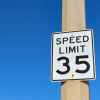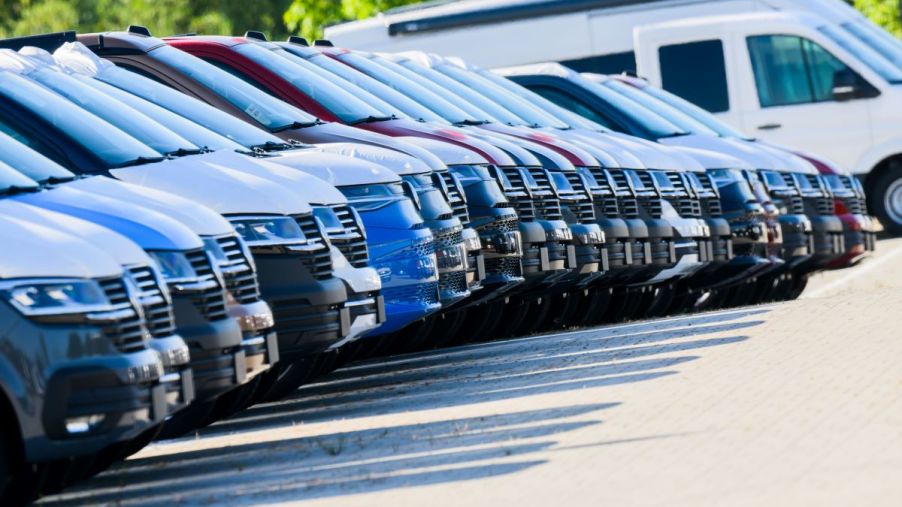
5 Car Buying Costs That Buyers Should Budget For
When it comes to buying a new or used car, there are many fees and other costs that buyers should look out for. No, buying a car doesn’t come with a bunch of hidden fees and costs like a house does. But there are some costs aside from the price of the car to look out for. Here are five of them.
1. Look into how much gas will cost for the car that you’re buying
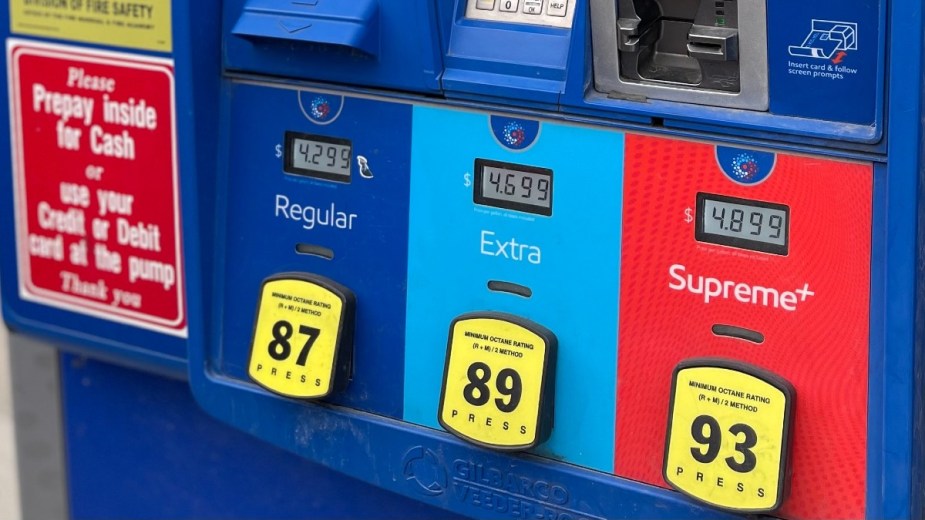
According to AAA, the current average price for a gallon of gas is around $4.50 nationwide. In that case, it’s more important now than ever to calculate how much gas your new car will use on a weekly or monthly basis. There are plenty of calculators online that can help you figure it out, or you can look up the car you’re buying on fueleconomy.gov to see how much gas it consumes.
2. Car insurance rates can fluctuate, so it’s important to do your research
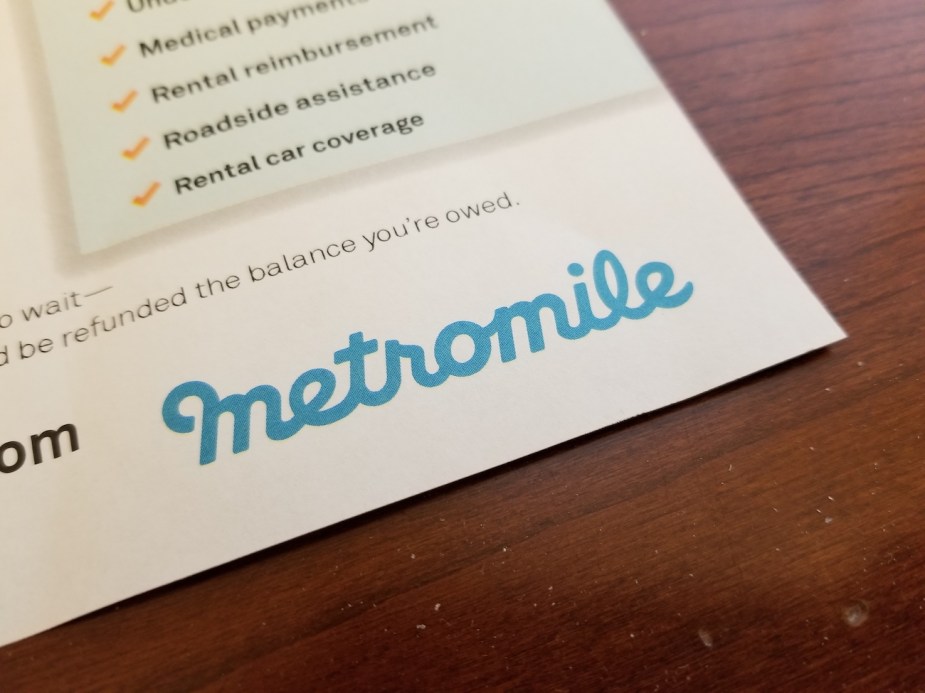
Car insurance rates can vary depending on the car you’re buying and how much coverage you opt for. The editors at FinanceBuzz advise you to “check with your car insurance provider before you start shopping to compare the different rates for coverage depending on which car you decide to buy.” You can also check with other car insurance companies and compare prices to save money.
3. Look up the car’s registration fees
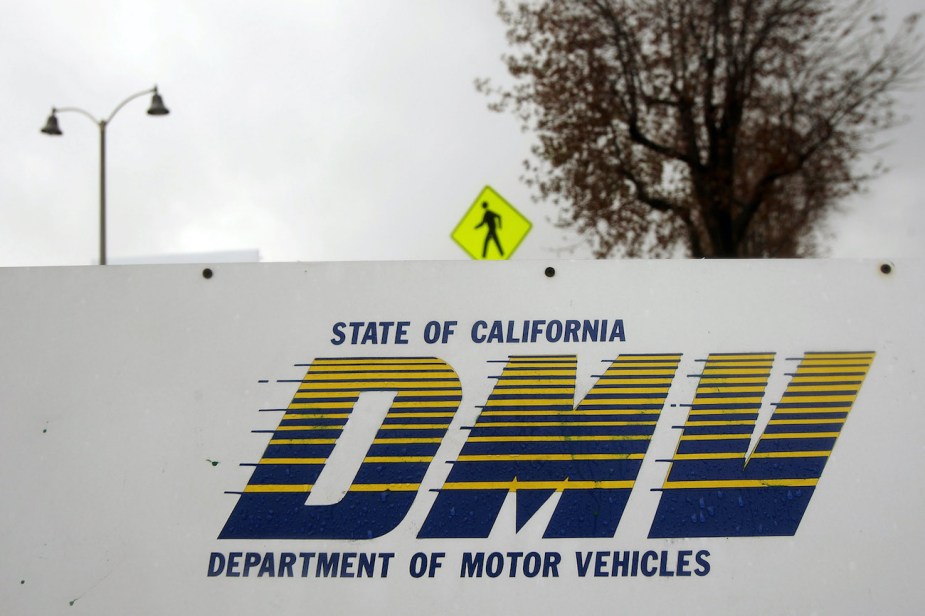
If you’re car shopping and have a few models in mind, then it’s a good idea to check out the potential registration fees first. You can look up the registration fees on your local DMV website and then narrow down your search depending on the cost of each. Believe it or not, some cars can cost a lot more to register than others.
4. Maintenance and repair costs can creep up on you
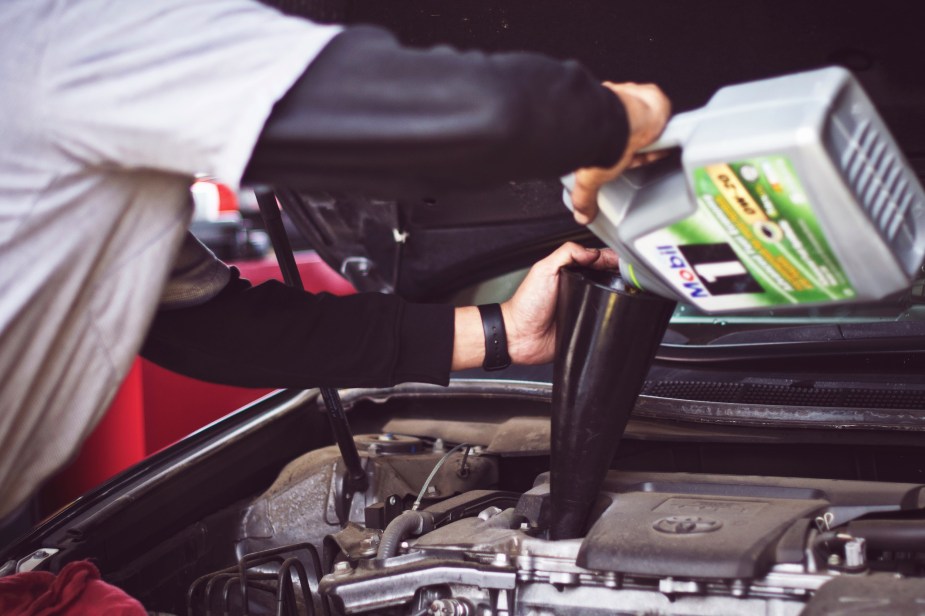
Whenever you buy a car, especially a used one, you’re going to have to factor in the cost of maintenance and any potential repairs. Also, more expensive cars can cost a lot more to maintain than their less-expensive counterparts. For example, an oil change for an Audi can cost around $200, while the same job for a Honda can cost around $70.
5. Set aside cash for any MSRP markups

With the global chip and inventory shortage, we now live in an age where buying a new car below MSRP could be a thing of the past. Dealers everywhere are marking up cars past their sticker prices in order to make a little more money from their customers. It’s unfair, but it’s also the nature of the market right now.
In that case, we suggest saving a little extra cash to offset the markup cost. Also, don’t be afraid to negotiate and possibly get the markup price reduced or removed completely.
Set aside some money for these car buying costs
If you’re planning to buy a new or used car, then it’s a great idea to save up a little more than you expect for any added costs. The last thing you want is to take out loans or get into credit card debt for unforeseen costs.

